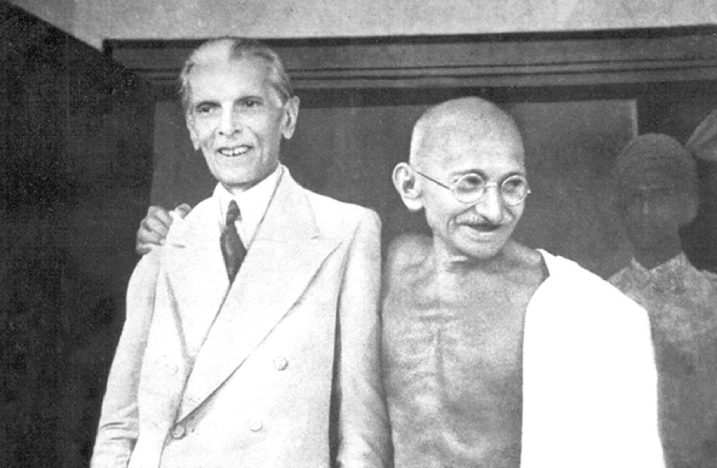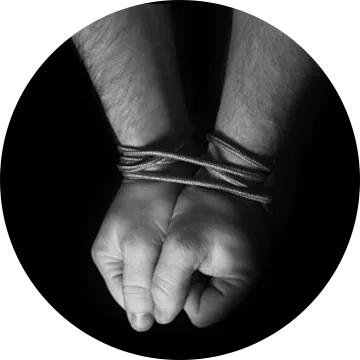Mahatma Gandhi
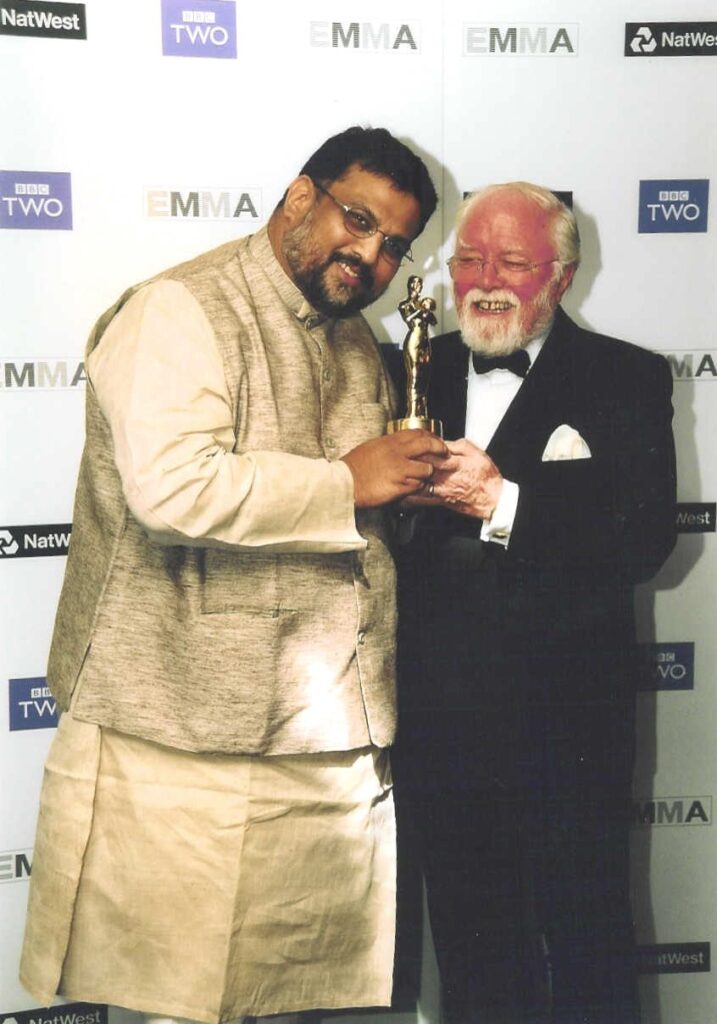
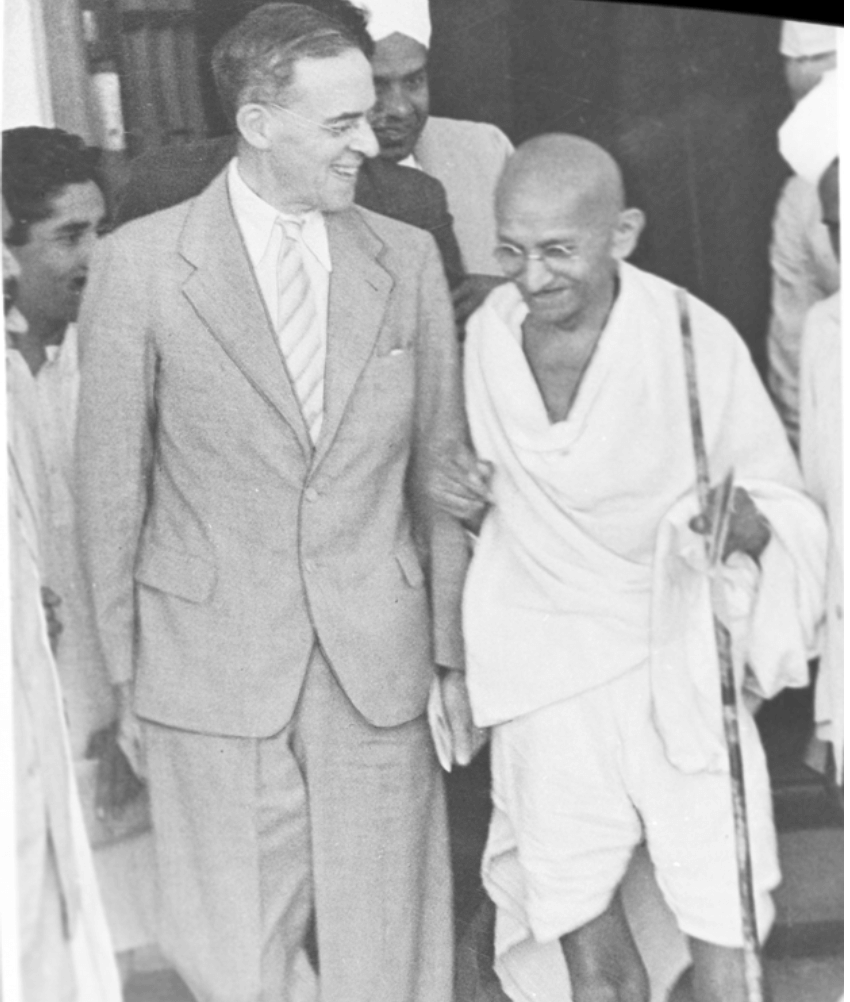
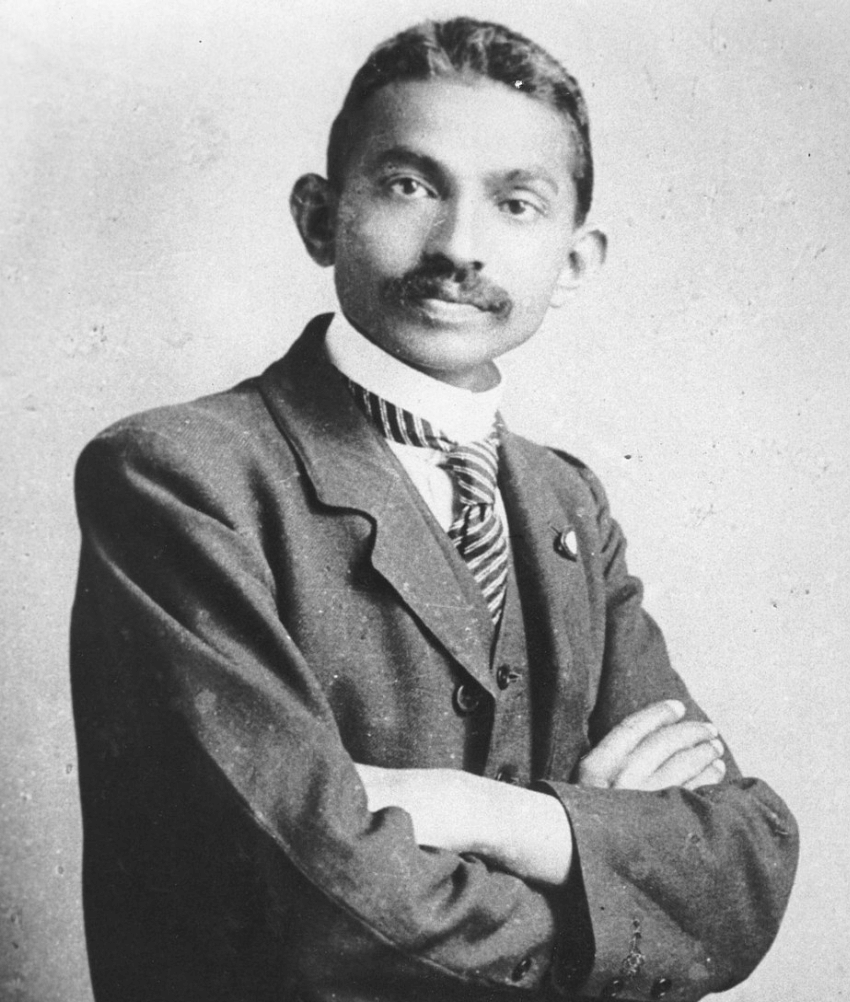
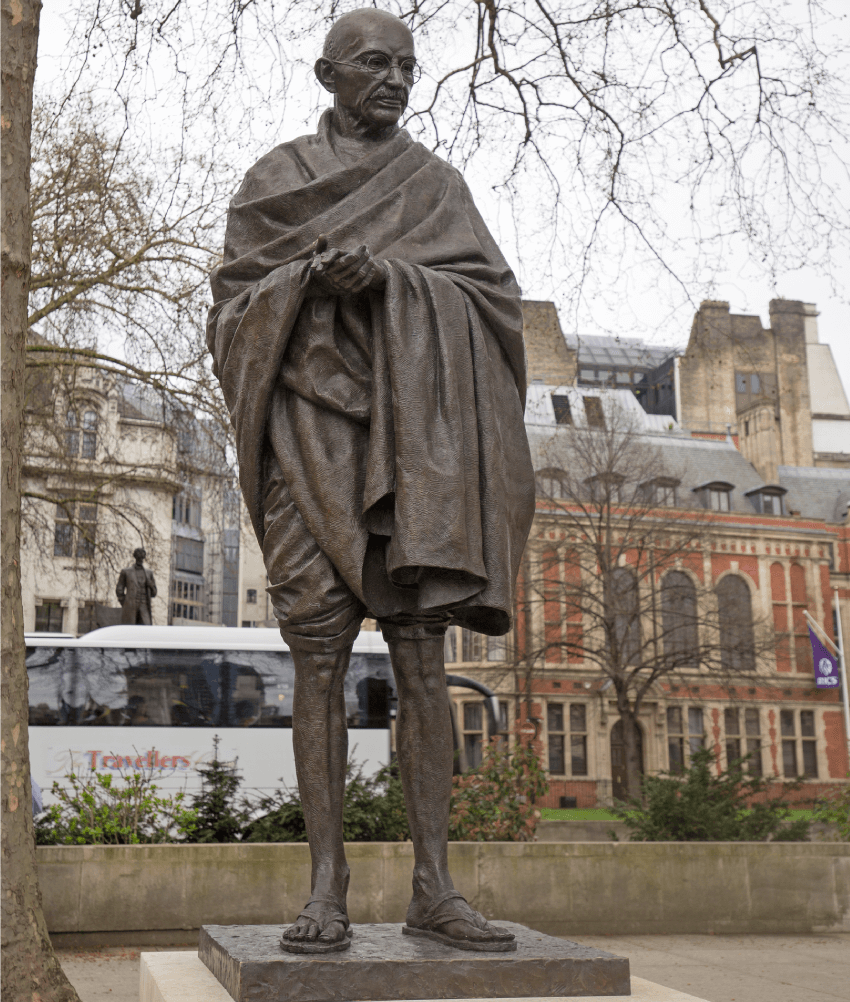
Since the EMMA Award Acknowledgement (Legacy)
Mahatma Gandhi (2 October 1869 – 30 January 1948) was a British Indian lawyer, anti-colonial campaigner, and political ethicist who employed nonviolent resistance to lead the successful campaign for the Indian subcontinent’s independence from British rule. He inspired movements for civil rights and freedom across the world, which has encouraged peace and change against violence.
In 2007, the United Nations General Assembly declared Mahatma Gandhi’s birthday, 2nd October, “the International Day of Nonviolence”.
As of 2008, over 150 countries have released stamps based on Gandhi.
A Mahatma Gandhi statue was unveiled in Parliament Square in Westminster, on 14 March 2015.
In October 2019, around 87 countries including Turkey, the United States, Russia, Iran, Uzbekistan, and Palestine released commemorative Gandhi stamps on the 150th anniversary of his birth.
On 15 December 2022, the United Nations headquarters in New York unveiled the statue of Mahatma Gandhi. UN Secretary-General António Guterres called Gandhi an “uncompromising advocate for peaceful coexistence.”
Gandhi’s most important legacy was creating a culture of peace, proving the effectiveness of nonviolent non-cooperation, and drawing the world’s attention to the gap between what we do and what we can do.
Mahatma Gandhi’s Legacy honour was received by Tusha Gandhi, his great grandson
Background (Before 2002)
Mahatma Gandhi was born and raised in a coastal town called Porbandar in Gujarat. Mahatma Gandhi’s mother became the most significant influence in his life as he inspired movements for civil rights and freedom worldwide.
The name Mahātma first applied to him in South Africa in 1914 and is now used worldwide. At 19, he left home to study law in London at the Inner Temple, one of the city’s four law colleges.
Upon returning to India in 1891, he set up a law practice in Bombay but was met with little success. He soon accepted a position with an Indian firm that sent him to its office in South Africa, where he lived for nearly 20 years. However, he was appalled by the discrimination he experienced as an Indian immigrant in South Africa.
In 1906, after the Transvaal government passed an ordinance regarding the registration of its Indian population, he led a campaign of civil disobedience that would last for the next eight years.
In July 1914, Gandhi left South Africa to return to India and supported the British war effort in World War I but remained critical of colonial authorities due to feeling that some measures were unjust.
In 1919, he launched an organised campaign of passive resistance in response to Parliament’s passage of the Rowlatt Acts, which gave colonial authorities emergency powers to suppress subversive activities.
After sporadic violence broke out during his nonviolent non-cooperation campaign for home rule, Gandhi announced the end of the resistance movement, which led to some dismay from his followers.
British authorities arrested Gandhi in March 1922 and tried him for sedition. He was sentenced to six years in prison but was released in 1924 after undergoing an operation for appendicitis.
In 1934, Gandhi announced his retirement from politics and resignation from the Congress Party to concentrate his efforts on working within rural communities.
He strongly opposed Partition but agreed to it in the hopes that after independence, Hindus and Muslims could achieve peace internally.
Amid the massive riots that followed Partition, Gandhi urged Hindus and Muslims to live peacefully together and undertook a hunger strike until those riots in Calcutta ceased.
In January 1948, he carried out another fast to bring communal harmony amongst Hindus and Muslims. Twelve days after his fast ended, Gandhi was on his way to an evening prayer meeting in Delhi when he was tragically shot to death by Nathuram Godse, a Hindu fanatic enraged due to Mahatma’s planned visit of Pakistan to promote peace and harmony amongst both nations.
Gandhi sadly died on 30th January 1948, at the age of 68. The next day, roughly 1 million people followed the procession as Gandhi’s body was carried in state through the streets of the city and cremated on the banks of the holy Jumna River.
After his death, Gandhi’s impact continues to live on. Ben Kingsley portrayed Gandhi in Richard Attenborough’s 1982 film Gandhi, which was based on the biography by Louis Fischer and won the Academy Award for Best Picture.
In 1995, the North American Vegetarian Society posthumously inducted Gandhi into its Vegetarian Hall of Fame.
Time ranked Gandhi second on its 1999 list of “The Most Important People of the Century,” losing out to Albert Einstein, who had called Gandhi “the greatest man of our age.”
